Learning English can feel overwhelming, especially when traditional methods focus heavily on grammar and memorization. However, what if we told you there’s a better, more natural way to learn? Babies learn languages instinctively—without textbooks or complex grammar rules. By adopting their approach, you can develop fluency in English faster and more naturally.
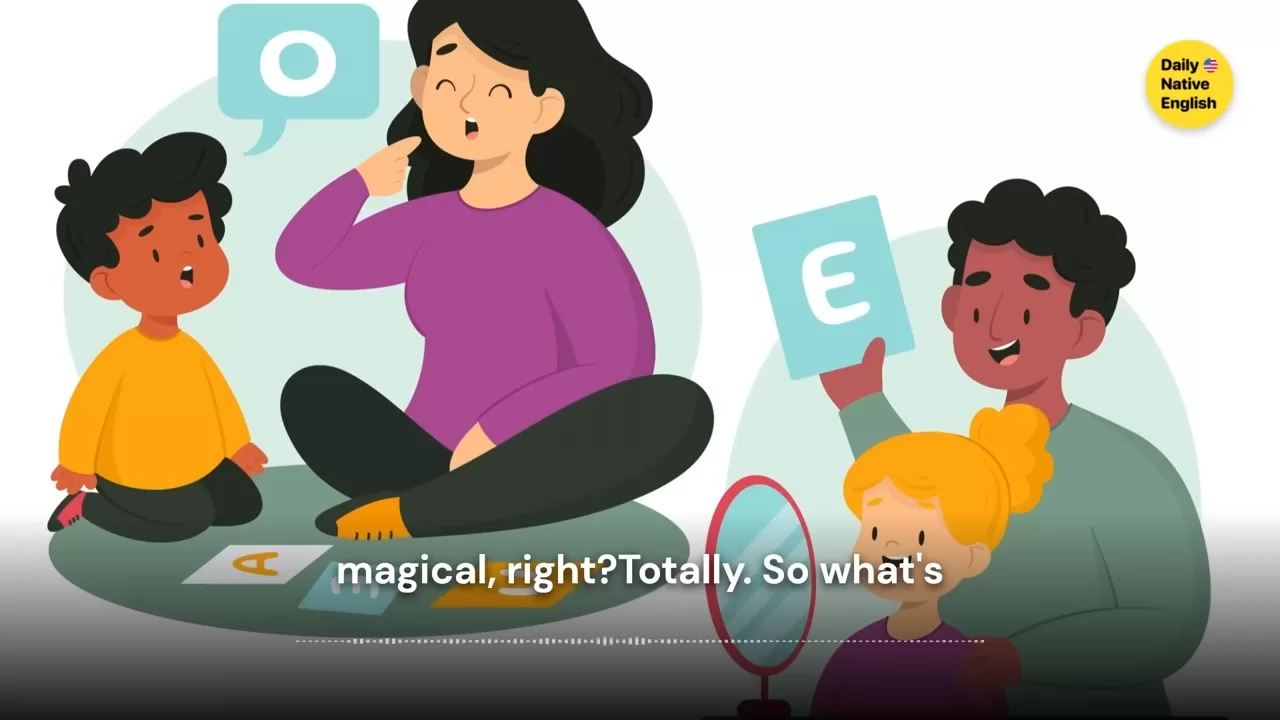
Why Do People Struggle to Think in English?
Many learners understand English words and phrases but freeze when responding. This happens because they focus too much on grammar rules rather than natural communication. Think about it—babies don’t start by learning grammar. Instead, they listen, absorb, and gradually start forming words and sentences.

To think and respond naturally in English, shift your approach from memorizing rules to learning through listening and speaking, just as babies do.
Common Mistakes Beginners Make
1. Over-Focusing on Grammar
Many learners get stuck studying grammar from day one, but grammar rules can be complicated and frustrating if you haven’t built a strong foundation in the language first.

✅ Solution: Absorb English naturally by listening to real conversations. Pay attention to sentence patterns and structures instead of drilling grammar exercises.
2. Skipping Listening Practice
Babies spend months just listening before they start speaking. However, most language learners focus on speaking and writing without enough exposure to how English sounds.
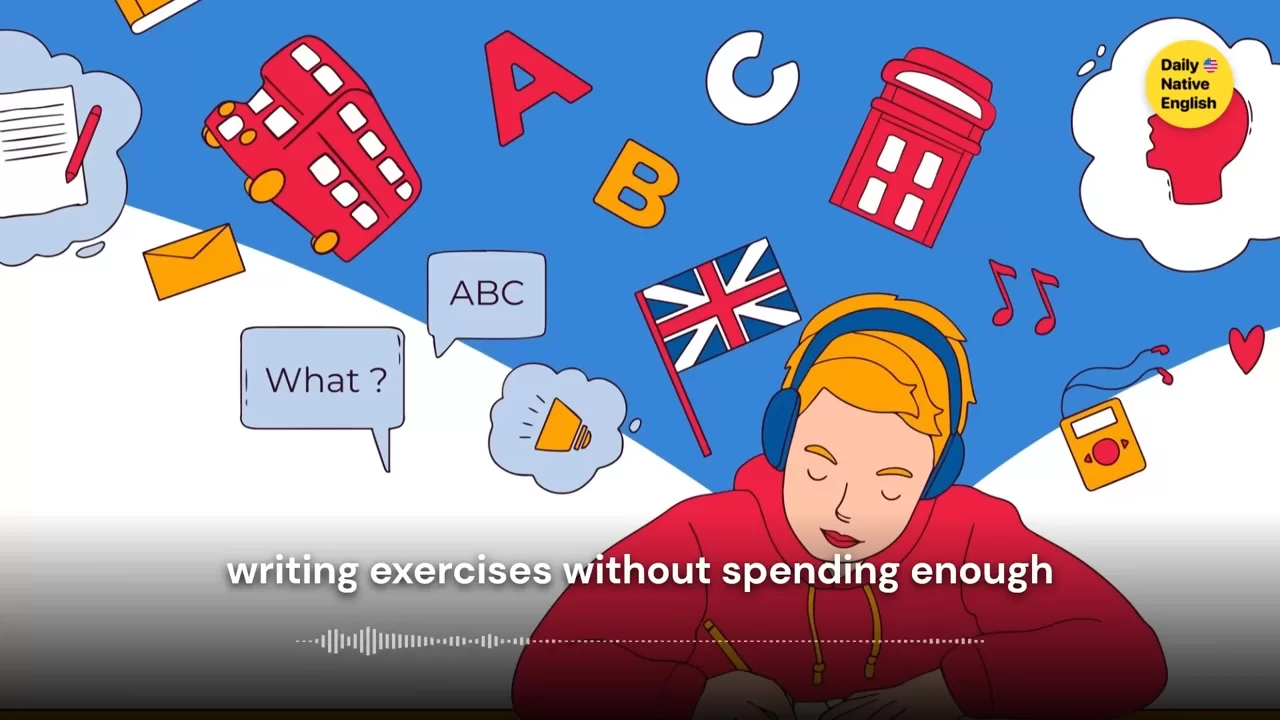
✅ Solution: Make listening a daily habit! Listen to podcasts, watch TV shows, or even play English music in the background. The more you expose yourself to the language, the more naturally you will pick up words and pronunciation.
3. Not Using Repetition and Imitation
Babies repeat sounds over and over until they get them right. Many learners avoid repeating words and sentences out loud, which slows their speaking progress.
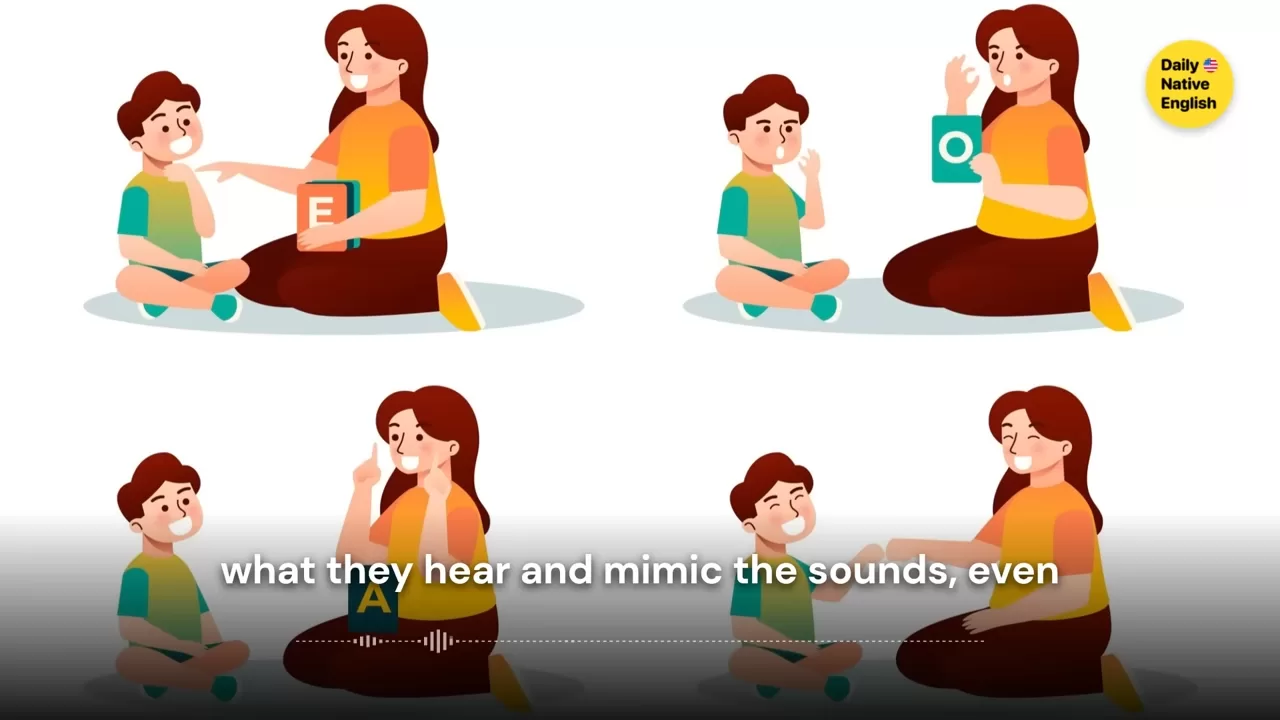
✅ Solution: Mimic what you hear! Pause a show, repeat a phrase, and compare your pronunciation to the original. You can also record yourself to track improvement.
Secrets to Learning Like a Baby
1. Absorb the Language Before Speaking
Just like babies listen for months before speaking, give yourself time to immerse in English. Trust that you’ll naturally recognize patterns over time.

2. Focus on Listening & Imitation
Instead of studying grammar intensely, train your ears to recognize the rhythm, intonation, and pronunciation of English.
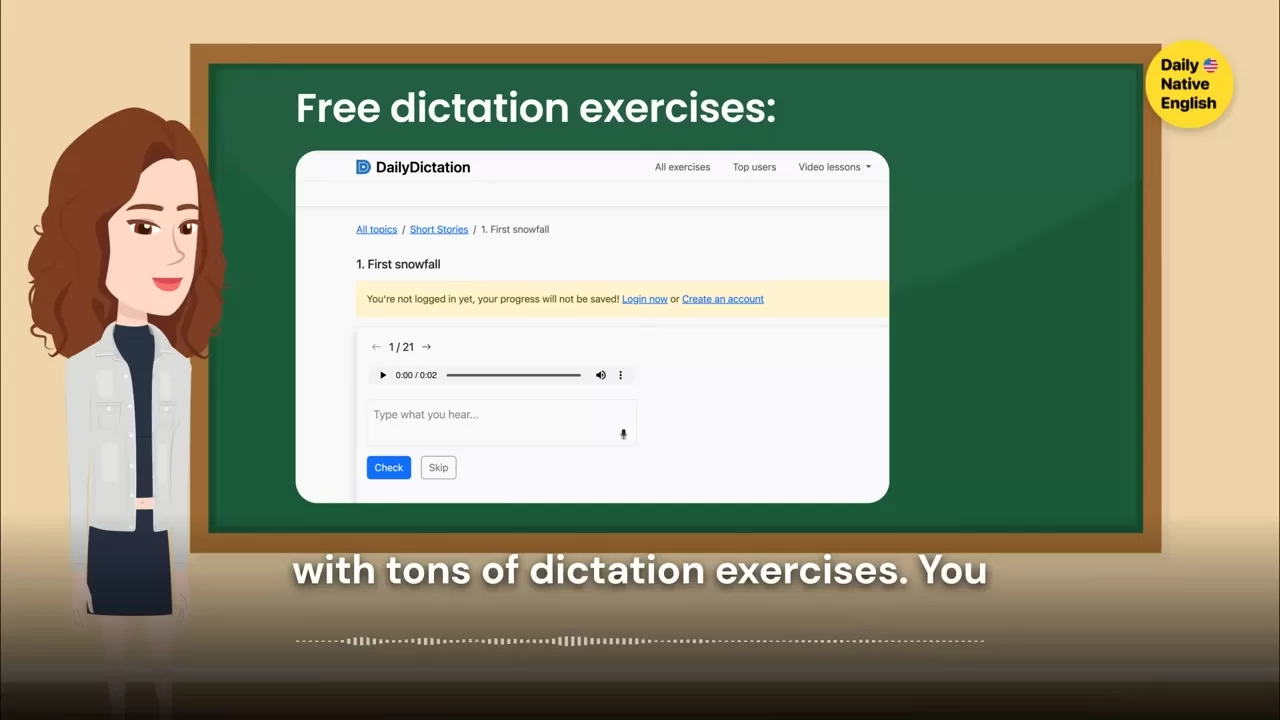
🔹 Try This: Use daily dictation exercises. Listen to a sentence, write it down, and compare it to the correct version. This sharpens both listening and writing skills.
3. Use Simple Responses First
Babies start with one-word responses like “milk” or “ball” before forming full sentences. You don’t need to speak perfectly from the start.
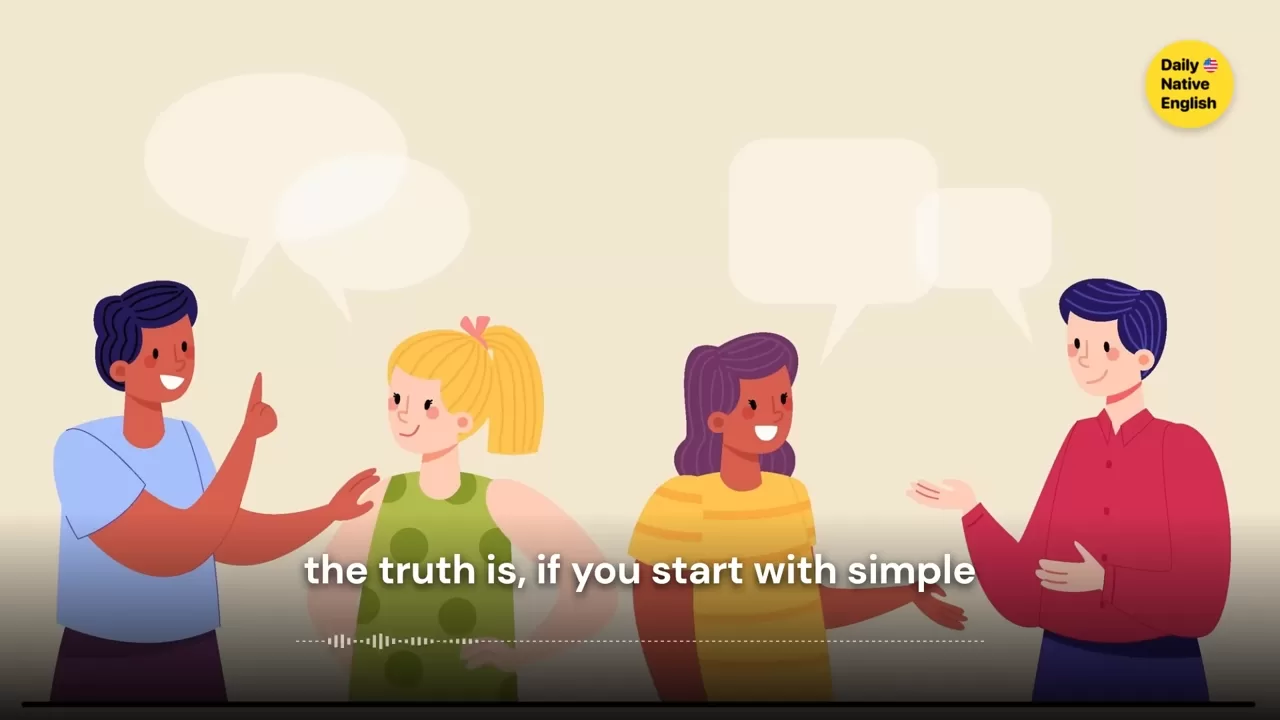
🔹 Try This: Instead of stressing over full sentences, start with short answers like:
- “Good.”
- “Pretty good.”
- “Went to the park today.”
As you get more comfortable, add details naturally.
4. Find a ‘Parent Figure’ for Guidance
Babies learn from their parents correcting them gently. Similarly, having a language partner, tutor, or mentor can provide natural correction and feedback.
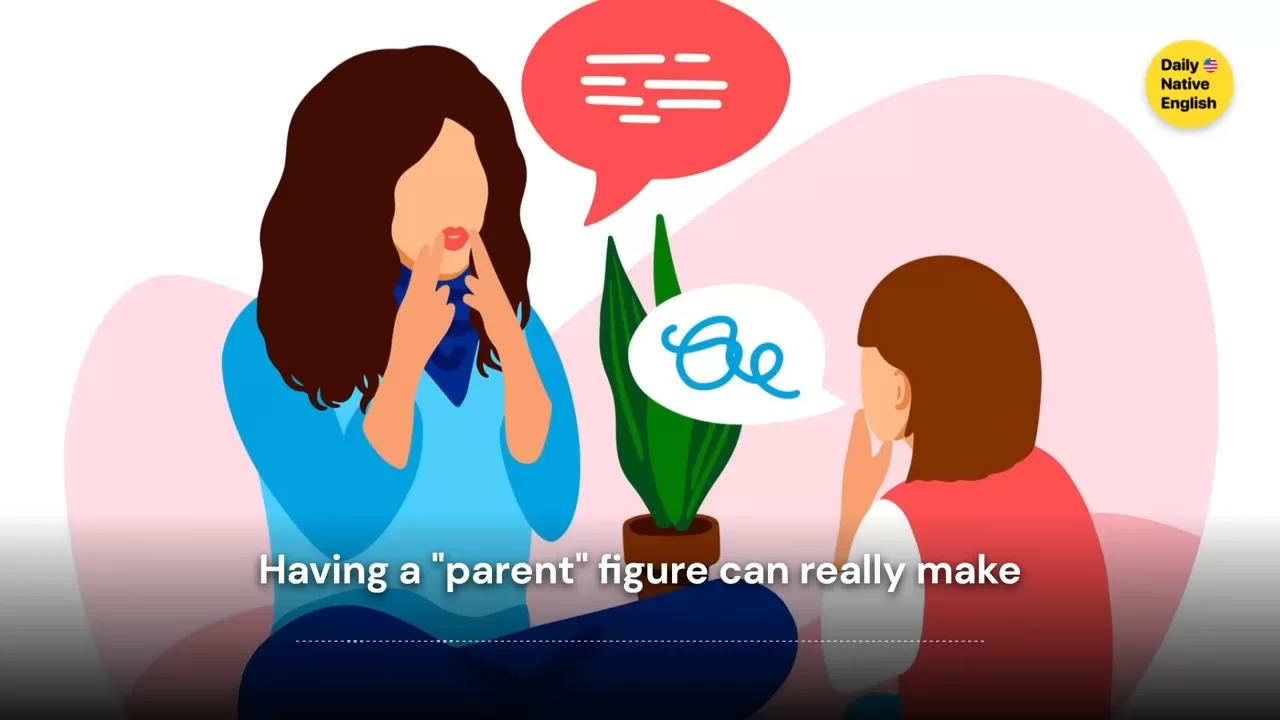
🔹 How to Find One:
- Join language exchange programs.
- Work with a tutor who corrects you naturally and patiently.
5. Narrate Your Daily Life
Parents constantly talk to babies about what’s happening around them. You can do the same to practice English daily.
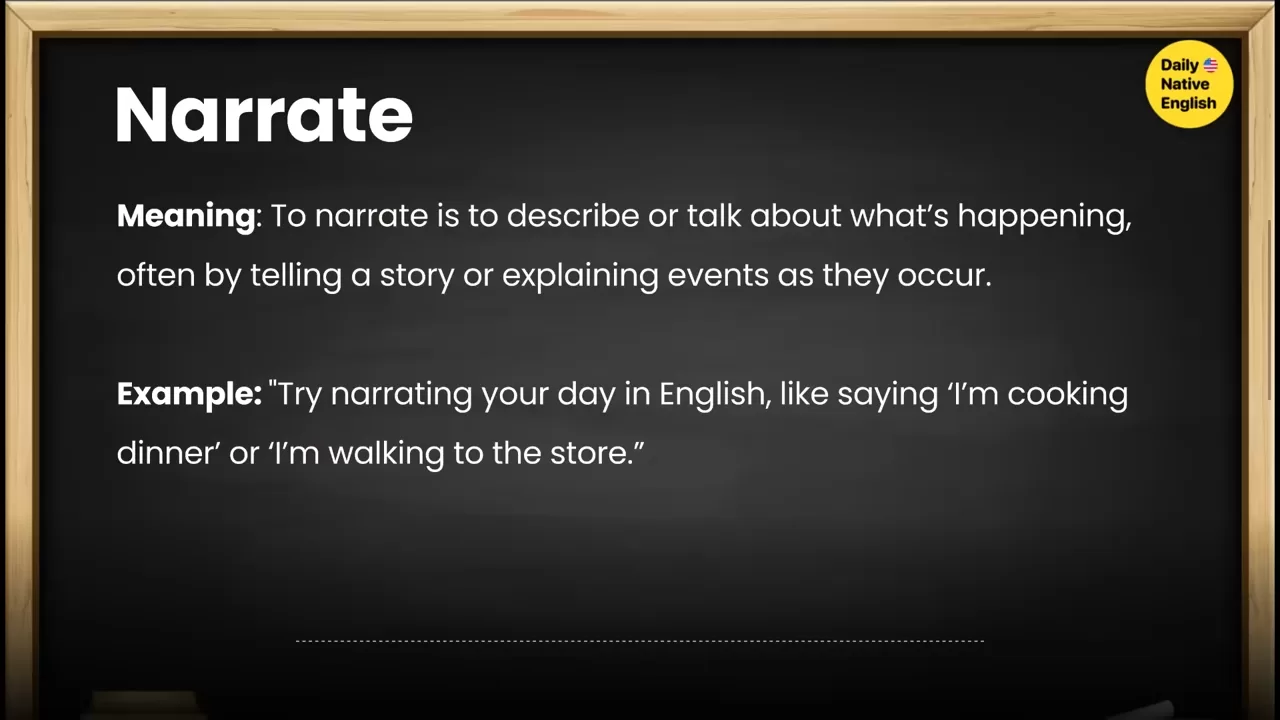
🔹 Try This:
- Say out loud what you’re doing: “I’m making coffee.”
- Describe your surroundings: “The weather is nice today.”
This builds vocabulary effortlessly and helps you think in English.
Essential English Vocabulary for Natural Learning
1. Rhythm
🔹 The flow of sounds in speech. Helps you sound more natural. ✅ Example: Listen to native speakers and try to match their rhythm.
2. Absorb
🔹 To take in new language naturally without memorizing. ✅ Example: By listening every day, you absorb new words effortlessly.
3. Intonation
🔹 The rise and fall of your voice in speech. ✅ Example: English questions usually rise in intonation at the end.
4. Mimic
🔹 To copy pronunciation, speech patterns, or gestures. ✅ Example: Mimic native speakers to improve pronunciation.
5. Narrate
🔹 Describe actions or surroundings. ✅ Example: Narrate your daily activities in English to practice.
6. Memorize
🔹 To learn by repetition until it sticks. ✅ Example: Instead of memorizing lists, use words in sentences.
7. Sneak in
🔹 To add something subtly without it being obvious. ✅ Example: You can sneak in English practice by listening to music.
8. Overthink
🔹 To think too much about something, making it harder than necessary. ✅ Example: Don’t overthink your English—just speak!
Final Thoughts: You Only Need 2,000 Words!
Did you know that knowing just 2,000 words allows you to understand 90% of everyday conversations? Many learners assume they need thousands of words, but research shows that focusing on the most common words is the best strategy.

💡 Key Takeaway: Start simple. Build confidence with essential words and expand naturally over time.
Start Learning English Like a Baby Today!
🚀 Instead of memorizing grammar, focus on: ✔ Listening more ✔ Repeating phrases ✔ Narrating your day ✔ Keeping it simple ✔ Finding a mentor
The secret to fluency? Less stress, more fun! Enjoy learning, trust the process, and speak fearlessly. You got this! 💪



